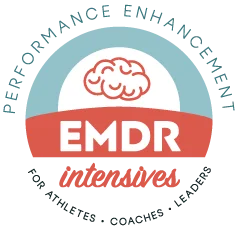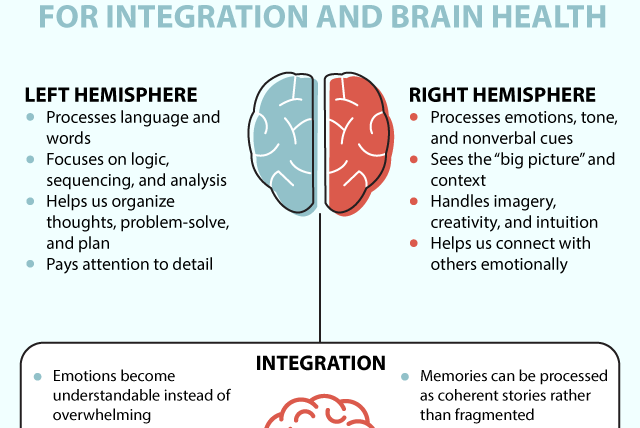Summary Points
- Athlete Mental Health and Performance: The perception of mental toughness in sports is evolving.
- Athlete Advocacy: The NFLPA is prioritizing mental health through events like “Be Well.”
- Research-Backed Approaches: Science supports new models of resilience and integration linking psychology and physiology
- EMDR for Athletes: Eye Movement Desensitization and Reprocessing (EMDR) is an effective treatment for performance enhancement and mental health challenges.
- How You Can Help: Raise awareness, promote accessibility, educate, and explore EMDR.
A Morning Run Through New Orleans
The last time I ate beignets (the official state donut of Louisiana) and ran was in high school. I distinctly remember the discomfort of running a cross-country race after eating them, making a mental note never to do so again—until last week. Visiting New Orleans during Super Bowl week and Mardi Gras, I couldn’t resist stopping at Café Du Monde before attending the “Be Well” event hosted by the NFLPA (National Football League Player Association) on February 7, 2025.

After savoring a café au lait and 2½ beignets, I took a jog through the French Quarter and along the Riverwalk, enjoying the foggy morning and iconic riverboats. Unlike my teenage years, I felt no “rocks in my stomach.” I have been reflecting on how much change has come in the sport performance, wellness industry and mental health field for performers in the last few decades. I’m sure beignets were not a “pre-workout” breakfast recommendation in the early 90’s, yet the old school “mental toughness model” has been hard to shift away from and has been a barrier from supporting high performers and their mental health needs.
The Shift from Old-School Mental Toughness
Mental toughness in sports has long been misinterpreted. Traditional models promoted endurance at all costs, often ignoring psychological well-being. Steve Magness, in Do Hard Things, challenges these outdated beliefs, advocating for science-backed resilience.
High performers now recognize that mental strength includes emotional regulation, recovery, and wellness. The sports industry is shifting towards an integrated approach that prioritizes both mental and physical health, leading to improved outcomes for athletes. Psychology and physiology are deeply interconnected, with the mind and body constantly influencing each other. Ideally, mental health treatment should include both as this is key to optimizing both mental and physical performance.
The “Be Well” Event: Advocating for Athlete Mental Health
Super Bowl LIX highlighted the importance of athlete mental health. The NFLPA’s “Be Well” event, led by Amber Cargill, Psy.D., brought together professionals to support athletes and their families.
Key Takeaways from the Event:
- A panel discussion featuring NFL players, including Brandon Marshall and Brian Dawkins, focused on mental resilience, injury recovery, faith, and social media challenges.
- A presentation on the NFL player life cycle shed light on long-term well-being.
- An interactive breathing exercise with Brian Peters emphasized the role of breathwork in performance optimization.
These discussions reinforced the need for continued mental health advocacy in professional sports.
A Growing Movement in Sports Mental Health
Leaving New Orleans, I reflected on the momentum building in mental health advocacy. Organizations like the NFL and NAMI (National Alliance on Mental Illness) are expanding mental health access for student-athletes. Players like A.J. Brown openly encouraged prioritizing mental well-being, helping reshape the conversation around resilience and performance.
As a therapist, who is passionate about bringing cutting edge mental health services to the sports world, I was encouraged to be a part of the movement during Superbowl LIX Week to help change the narrative about mental health, real toughness and performance.
How You Can Support This Movement
- Raise Awareness: Learn about mental health and the evolving science of resilience.
- Promote Accessibility: Support initiatives that provide mental health resources for athletes, coaches, and families.
- Educate and Destigmatize: Integrate mental health education into athlete development programs.
- Explore EMDR for Performance Enhancement: EMDR (Eye Movement Desensitization and Reprocessing) is an evidence-based approach for anxiety, injury recovery, trauma, and other mental health challenges. Its intensive format is particularly beneficial for high-performance athletes with demanding schedules.
By embracing these strategies, we can help redefine toughness, prioritize athlete wellness, and enhance performance through more integrated approaches.
Learn more about integration—the essence of mental health—at www.emdrintensives.com and follow me on social media for more insights.




